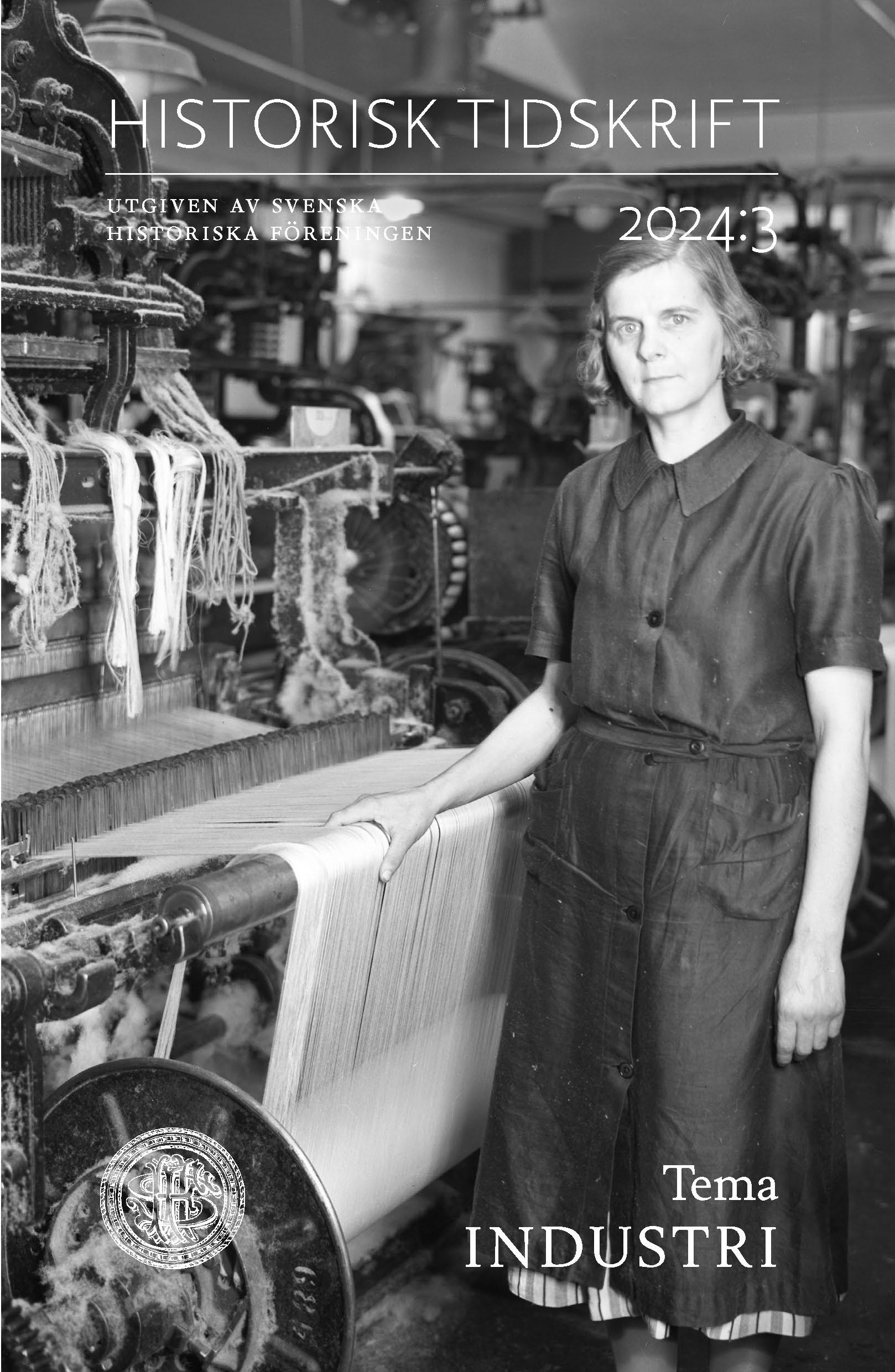Abstract
The new mobility of capital: The Swedish Garment Workers’ Union and overseas production, 1960–1972
In the 1960s and early 1970s, Swedish clothing manufacturers responded to the textile crisis by moving production abroad to countries where wages were lower and trade unions were weaker. With EFTA (the European Free Trade Association), the opportunity arose to manufacture clothing in Portugal and Finland for export back to Sweden. With a focus on the Swedish Garment Workers’ Union, this article analyses trade union reactions to the mobility of capital, looking at the public narratives about Swedish-owned factories in Portugal and Finland, published in the trade union members’ magazine Beklädnadsfolket, as well as internal trade union discussions about overseas production. In print, Beklädnadsfolket described the factories in Portugal in a critical colonial perspective. It informed readers that the regime prohibited trade unions and Swedish entrepreneurs sewed clothes from cotton produced in Portugal’s colonies. Thus, it tried to engage in a public discussion, and to generate public opinion against such foreign ventures. As for Finland, the trade union narrative was somewhat less critical. Nevertheless, Swedish representatives argued that the new factories in Finland posed a trade union problem, primarily because groups politically left of the Social Democrats controlled the local trade union organisations. In internal discussions, however, the mobility of capital – regarding both Portugal and Finland – was something the trade unionists considered when discussing other issues, such as free trade versus tariffs, the prospects for successful wage negotiations, or unemployment among the rank and file.

